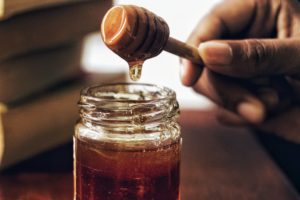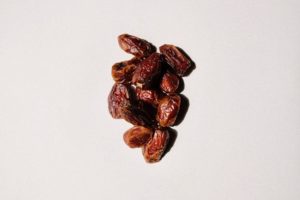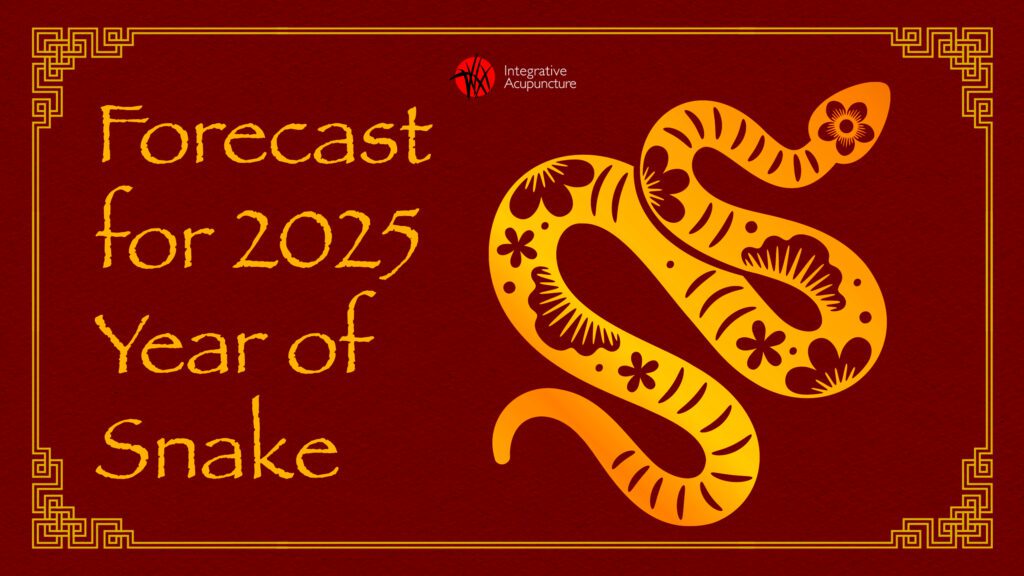Sucrose, or sugar as it is commonly known, is currently the most popular sweetener used in the food market today. On a daily basis, the average person obtains almost 20% of their calories from sugar. On average, that’s 150 pounds of sugar every year. It’s time to find a sugar substitute.
When ingested, sugar is broken down into compounds that provide quick energy for the body, affecting metabolism and appetite.
Sugar’s Not So Sweet Side
Sugar may seem like a “sweetie,” but it may be doing more harm than good. Sugar can be addictive, and too much can cause unhealthy weight gain and hasten tooth decay. It also affects the brain by offering a false rush of energy, and then lets you down, lower than where your energy levels were. Sugar can affect the spleen’s ability to release blood cells and platelets which can raise insulin levels resulting in diabetes, hypoglycemia, and even high blood pressure.
Sugar disrupts the delicate balance of minerals in the body, such as magnesium and zinc, and can block the absorption of calcium, leading to stiff, “arthritic” joints. Also, a high sugar diet can cause the body to become a breeding ground for bacteria that thrive on sugary foods.
A sugar-free diet doesn’t mean that you will never be able to eat sweets again.
There are alternatives! Here is a list to start with:
How To Replace with a Sugar Substitute
Molasses
Has more calcium ounce for ounce than milk, more iron than eggs, and more potassium than any other food. It’s also rich in other vitamins and minerals. Use 1 1/3 cup for every 1 cup of sugar.
Honey
All natural, made with the goodness of bees. Honey has antiseptic and antibiotic properties. For every cup of white sugar in your recipe, try ¾ cup of honey.
Sucanat
Made from dried and granulated cane juice. Use ¾ cup of concentrate for every cup of sugar.
Date Sugar
Made from dried, ground dates. Substitute date sugar 1 for 1 for white sugar.
Stevia Powder
A natural sweetener made from the stevia rebaudiana leaf. Tests have shown that stevia regulates blood sugar and lowers high blood pressure. In South America, people who suffer from hypoglycemia and diabetes have used it with great success. It’s also said that stevia can aid in mental alertness, improve digestion and even inhibit tooth decay. 1 teaspoon of sugar equals ⅛ teaspoon of stevia powder
Barley Malt or Brown Rice Syrup
Made from cultured rice and water and barley sprouts. For each part white sugar called for, swap in 1 1/3 parts Brown Rice Syrup.
The world is still a sweet place. Now you have healthier choices.









